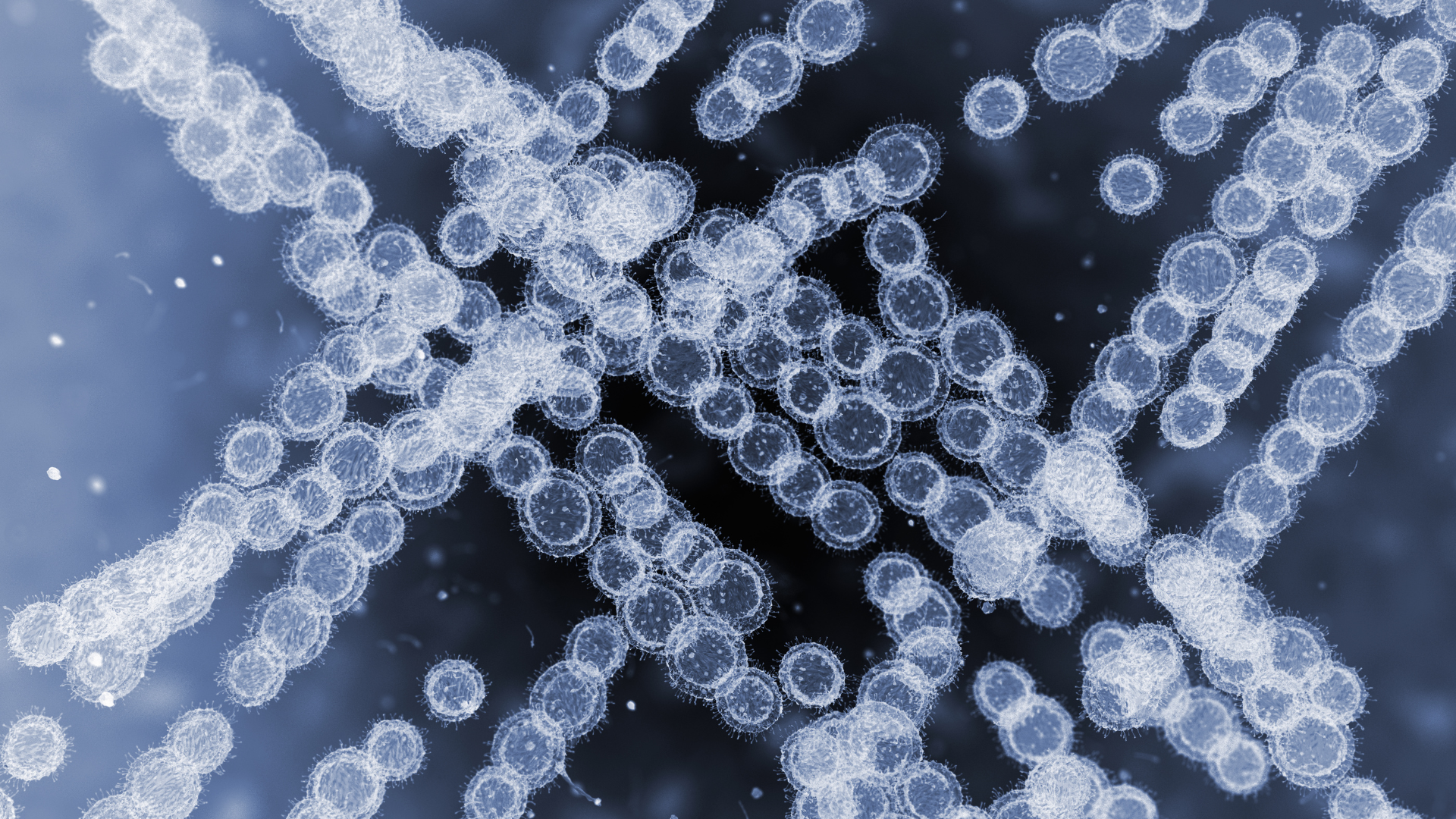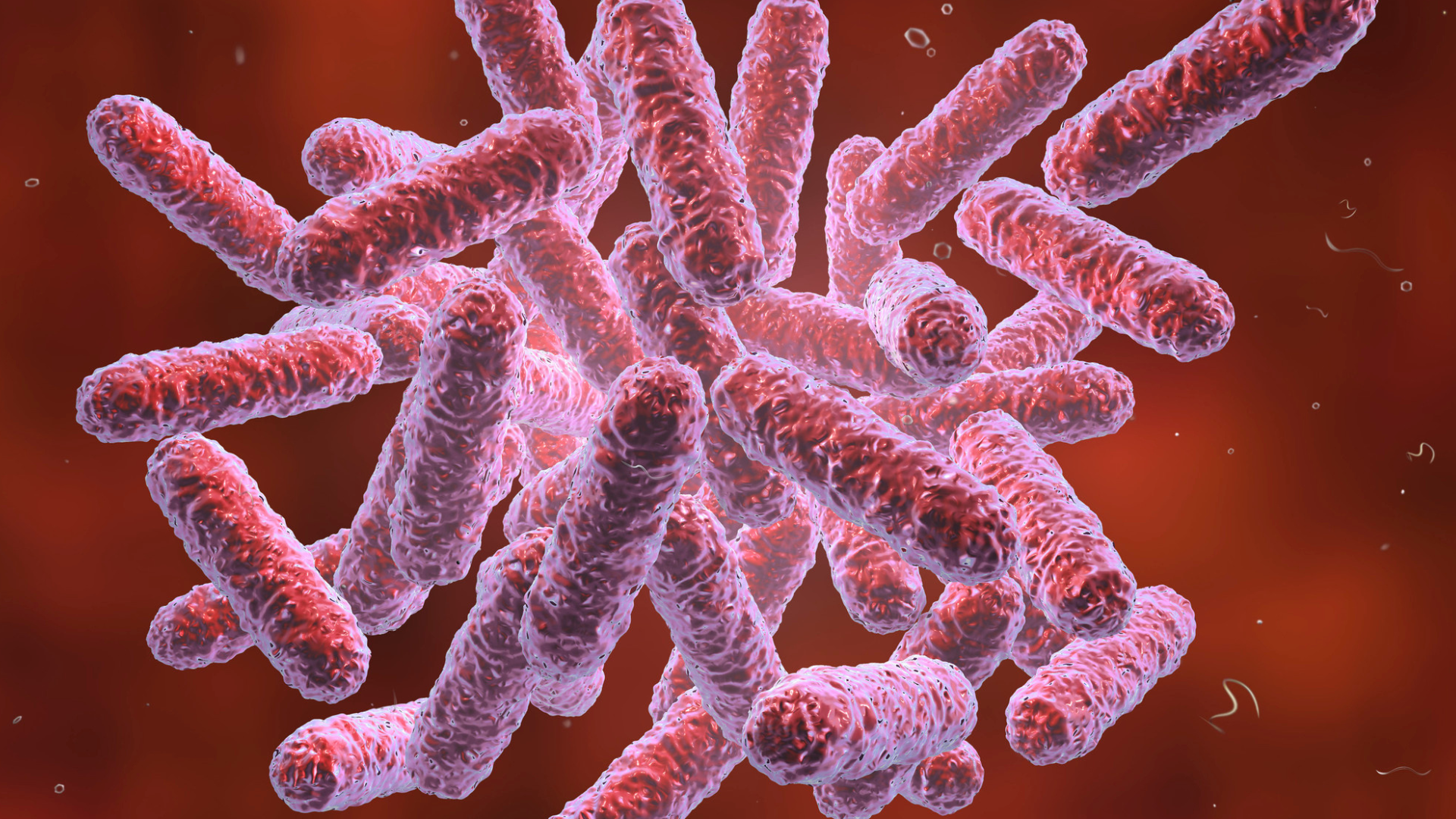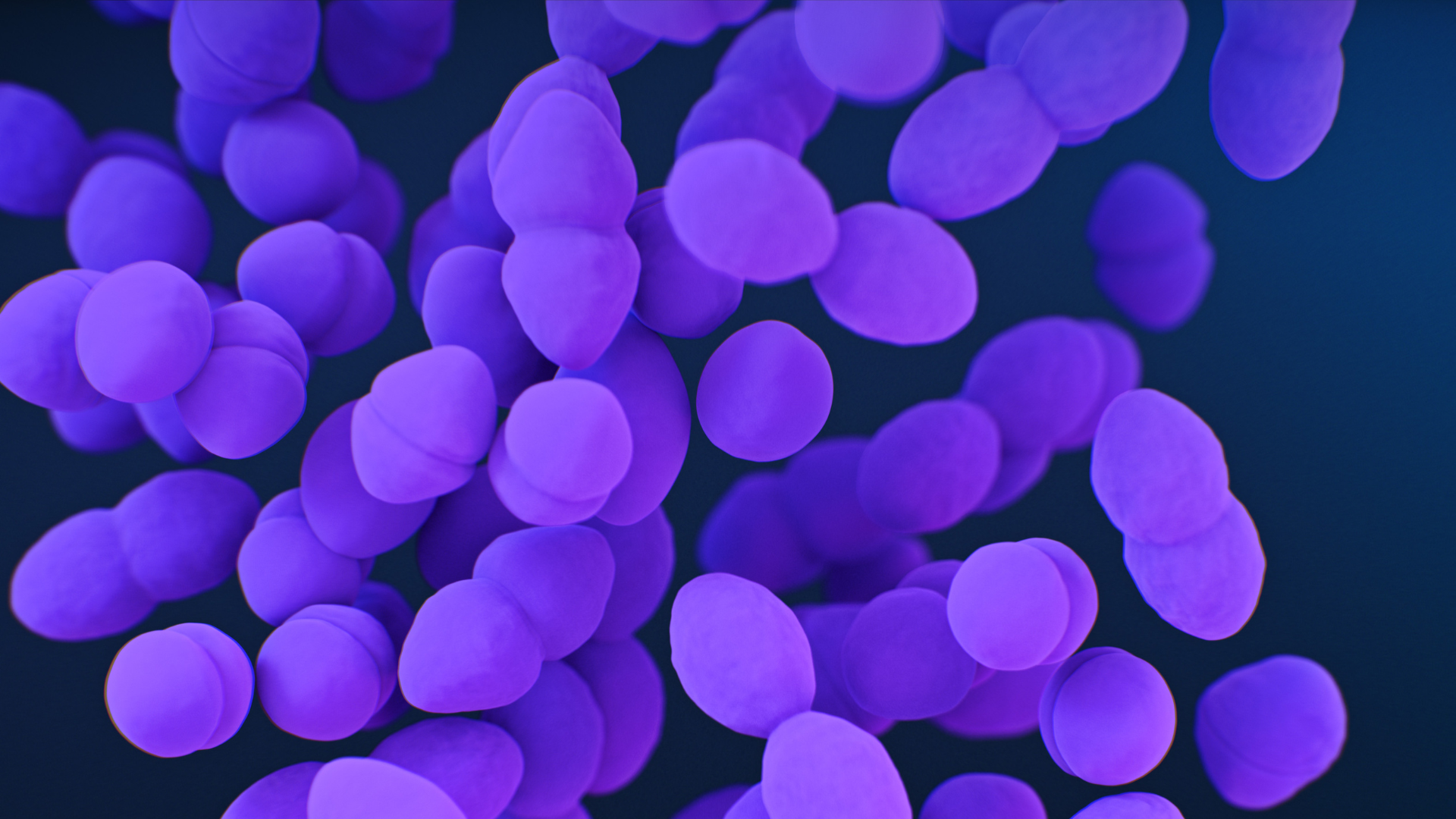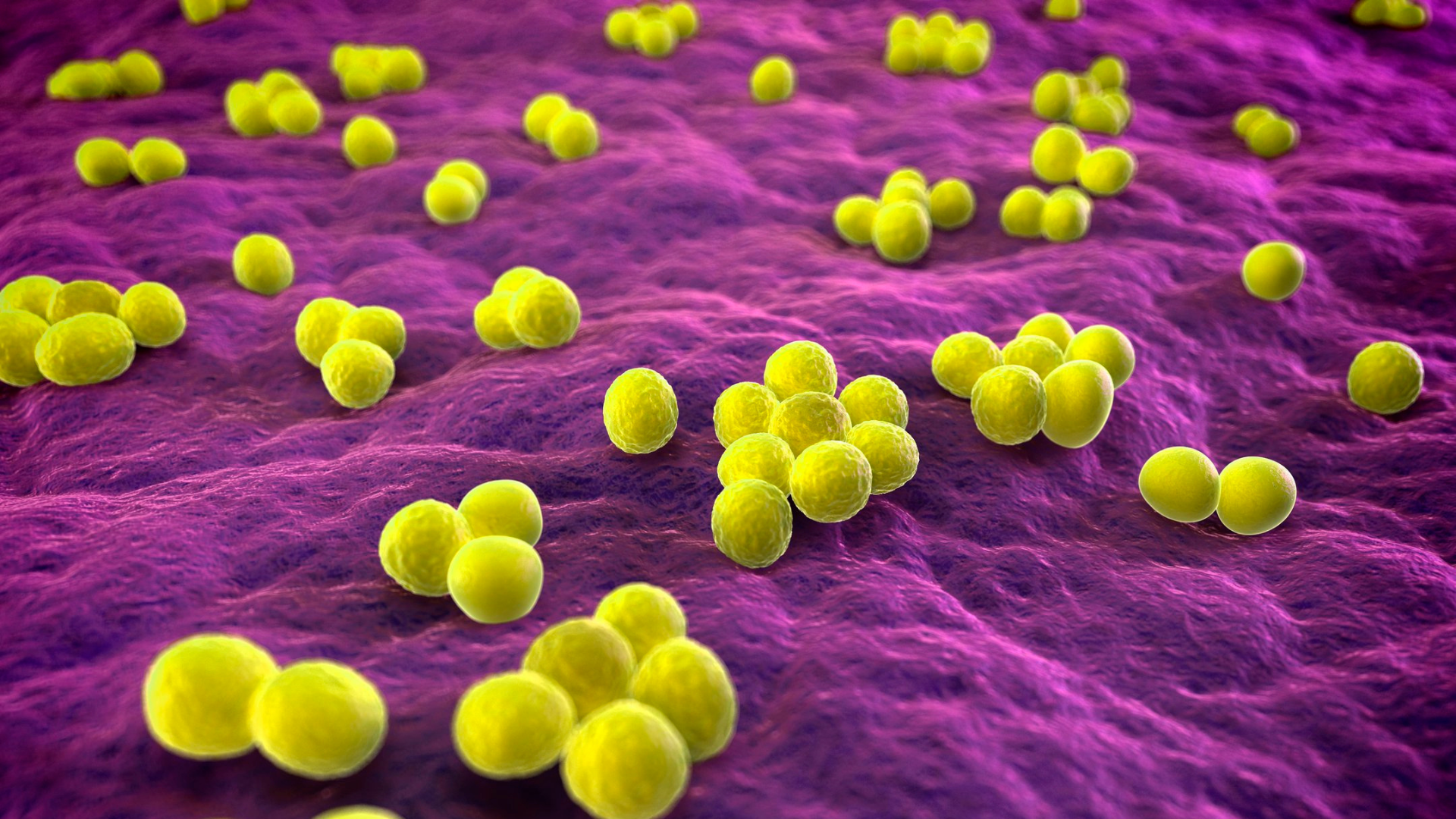Some bacteria and fungi that can make us sick have evolved the ability to survive medical treatments. Treatment resistance is a significant problem because it makes infections more difficult to treat, which can lead to more serious medical complications.
These infections are transmitted by:
- Contaminated hands of healthcare workers during patient care
- Contact with a carrier or their care equipment or environment
Washing your hands is the best way to avoid spreading bacteria and fungi resistant to medical treatments.
Candida auris
Candida
- Are yeast-type fungi
- Are generally present in or on the human body (e.g.: skin, mouth, digestive or vaginal tract)
- Can cause less serious illnesses (e.g.: thrush and vaginitis) or more serious ones (e.g.: blood infection)
Candida auris
- A type of Candida
- Spreads easily in hospitals and may contaminate several people at the same time
- Is very often resistant to medications given for treatment of illnesses caused by Candida
- I have been in contact with Candida auris
I am a carrier of Candida auris
- A test confirmed that Candida auris is present on or in my body.
A) I am colonized
- Candida auris is present, but I am not ill.
- I do not need any specific treatment.
or
B) I am infected
- Candida auris is present and making me ill.
- I need specific medication for my care.
- What happens to my health care?
In hospital or rehabilitation
- I am usually admitted to a single room with private bathroom, and am quarantined in my room.
- Personnel don a gown and gloves before entering my room.
In a CHSLD or a care unit in a residence
- I could be placed in a single room with private bathroom.
- Personnel could don a gown and gloves before entering my room.
In outpatients, home care and in dialysis
- Personnel don a gown and gloves before providing care.
- What happens when I return home?
- I resume everyday activities (e.g.: shopping) and social activities (e.g.: visit close family and friends, go to the cinema or restaurant) as usual.
To learn more

Carbapenemase-producing Enterabacteriaceae (CPE)
Enterabacteriaceae
- Are bacteria that are normally present in the bowels and stools
- Do not generally cause illness among individuals in good health
- Can sometimes cause urinary, wound or blood infections
CPE
- Are part of the Enterabacteriaceae family
- Are resistant to carbapenems which are powerful antibiotics
- I have been in contact with the CPE
I am a CPE carrier
- A test has confirmed that CPE is present on or in my body. ps.
A) I am colonized
- CPE is present but not making me ill.
- I do not need any specific treatment.
or
B) I am infected
- CPE is present and making me ill.
- I need specific medication for my care.
- What happens to my health care?
In hospital or rehabilitation
- I am usually admitted to a single room with private bathroom, and am quarantined in my room.
- Personnel don a gown and gloves before entering my room.
In a CHSLD or a care unit in a residence
- I could be placed in a single room with private bathroom.
- Personnel could don a gown and gloves before entering my room.
In outpatients, home care and in dialysis
- I wear clean clothes and I wash my hands before receiving care.
- Personnel don a gown and gloves before providing care.
- What happens when I return home?
- I resume everyday activities (e.g.: shopping) and social activities (e.g.: visit close family and friends, go to the cinema or restaurant) as usual.
- My family members and I wash our hands frequently.

Vancomycin-resistant Enterococci (VRE)
Enterococci
- Are bacteria that are normally present in the bowels and stools
- Do not generally cause illness among individuals in good health
- Can sometimes cause urinary, wound or blood infections
VRE
- Part of the Enterococci group
- Resistant to Vancomycin which is a powerful antibiotic
- I have been in contact with the VRE
I am a VRE carrier
- A test has confirmed that VRE is present on or in my body.
A) I am colonized
- VRE is present but not making me ill.
- I do not need any specific treatment.
or
B) I am infected
- VRE is present and making me ill.
- I need specific medication for my care.
- What happens to my health care?
In hospital or rehabilitation
- I am usually admitted to a single room with private bathroom, and am quarantined in my room.
- Personnel don a gown and gloves before entering my room.
In a CHSLD or a care unit in a residence
- I could be placed in a single room with private bathroom.
- Personnel could don a gown and gloves before entering my room.
In outpatients, home care and in dialysis
- I wear clean clothes and I wash my hands before receiving care.
- Personnel don a gown and gloves before providing care.
- What happens when I return home?
- I resume everyday activities (e.g.: shopping) and social activities (e.g.: visit close family and friends, go to the cinema or restaurant) as usual.
- My family members and I wash our hands frequently.
To learn more
Vancomycin-resistant Enterococci (VRE) - Québec.ca

Methicillin-resistant Staphylococcus aureus (MRSA)
Staphylococci
- Are bacteria normally present on skin and in nostrils
- Do not generally cause illness among individuals in good health
- Can sometimes cause urinary, wound or blood infections
MRSA
- Is part of the Staphylococci group
- Resistant to methicillin which is an antibiotic
- I have been in contact with the MRSA
I am a MRSA carrier
- A test has confirmed that MRSA is present in or on my body.
A) I am colonized
- MRSA is present but not making me ill.
- I do not need any specific treatment.
or
B) I am infected
- MRSA is present and making me ill.
- I need specific medication for my care.
- What happens to my health care?
In hospital or rehabilitation
- I am usually admitted to a single room with private bathroom, and am quarantined in my room.
- Personnel don a gown and gloves before entering my room.
In a CHSLD or a care unit in a residence
- I could be placed in a single room with private bathroom.
- Personnel could don a gown and gloves before entering my room.
In outpatients, home care and in dialysis
- I wear clean clothes and I wash my hands before receiving care.
- Personnel could don a protective gown and gloves before providing certain care.
- What happens when I return home?
- I resume everyday activities (e.g.: shopping) and social activities (e.g.: visit close family and friends, go to the cinema or restaurant) as usual.
- My family members and I wash our hands frequently.
To learn more
Staphylococcus aureus - Québec.

More resources
Antimicrobial resistance aux antimicrobiens - World health organization